QuestionHi Ron
We have a tank consisting of 5 Tiger Barbs, 5 Albino Tiger Barbs, 5 Cherry Barbs and 5 Green Tiger Barbs.
Recently our 5 green tiger barbs developed white spot and died killing the 5 cheery barbs and one albino tiger barb in the process (shops tank was poorly but didn.t know at the time.)
How 9 remaining tiger barbs are however not themselves
*they hide when we put the tank light on
*they don't swim round as much
*one looks really fat
*there black stripes have gone really pale
*they seem to be vertical nearly all the time (nose down the gravel)
* and some occasionally do summersaults.
They just don't seem to be acting themselves (they use to be really active and colourful
We have tried 3 different types of whitespot treatment none helped resulting in half of our fish dying, we have tried water changes, adding aquarium salt, changing type of food etc.
Have you any ideas please?
Thanks very Much
Jessica
AnswerHi Jessica,
White spot (or ick) is a tough one to deal with. The medications are useful but there is no way to guarantee success. Basically the white spots are actually the cyst stage of the parasite that attaches to the body of the fish. The cyst stage is pretty much indestructible. However, when they hatch, they are vulnerable to copper which is what is in most Ick medicines. So, when a fish has ick, you treat the tank and when the cysts "hatch", they get killed. But many cysts might stay around for a while before hatching. That is why it is essential to keep the treatment going for about a week. Raising the temperature helps by speeding up the life cycle of the parasite, making them hatch sooner.
I don't see any value in adding salt or changing food.
The difficult part about ick is that the copper also hurts the fish. So, basically it is a race between the parasites dying the fish recovering fast enough to withstand the copper and the effects of the parasites. Sometimes you are successful, but unfortunately, if you don't catch it right at the start, many times you will be unsuccessful when treating ick.
Water changes are always good. Normally you should be changing about 25% of the water once a week, every week.
Right now, I suggest you double that to twice a week at least.
-- Ron
rcoleman@cichlidresearch.com
Cichlid Research Home Page <http://cichlidresearch.com>

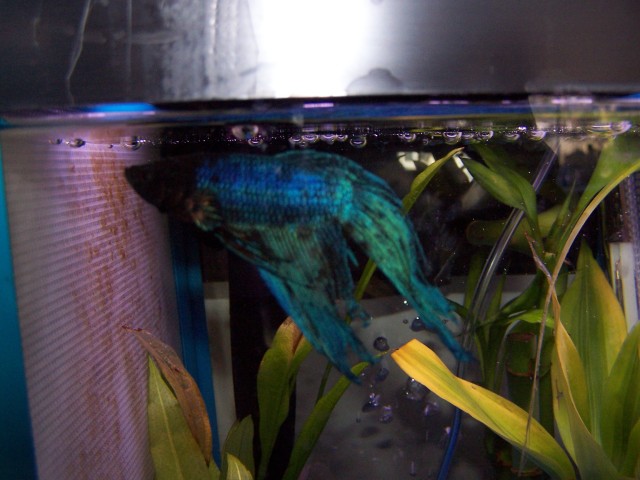 Betta Fish disease
QuestionMax
QUESTION: Hi Ron, I have been resear
Betta Fish disease
QuestionMax
QUESTION: Hi Ron, I have been resear
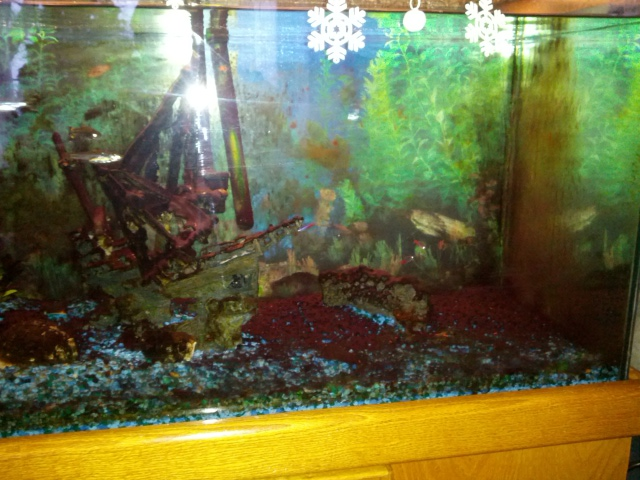 Fish Aquarium mold?
QuestionAquarium
QUESTION: Hi, I have a 75 gallo
Fish Aquarium mold?
QuestionAquarium
QUESTION: Hi, I have a 75 gallo
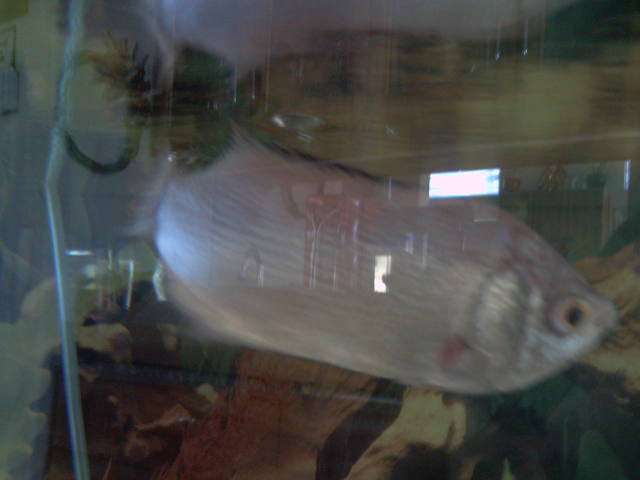 Pink Kissing Gourami
Question
Bubba
My pink kissing gourami has been lying o
Pink Kissing Gourami
Question
Bubba
My pink kissing gourami has been lying o
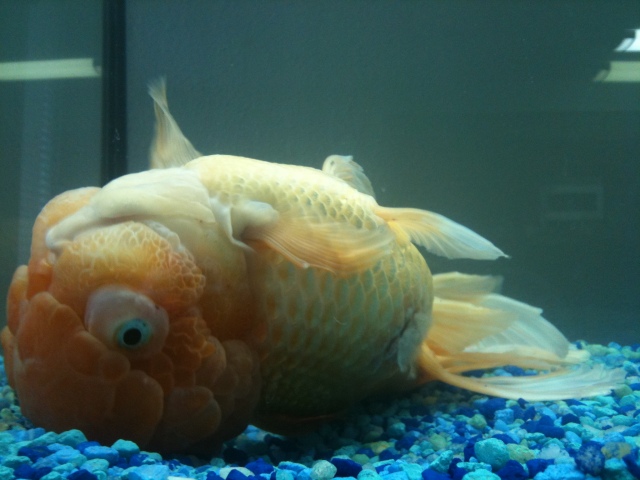 Swim bladder disorder in Lionhead Oranda
Question
Fuzzy spot
Hello! I have been doing res
Swim bladder disorder in Lionhead Oranda
Question
Fuzzy spot
Hello! I have been doing res
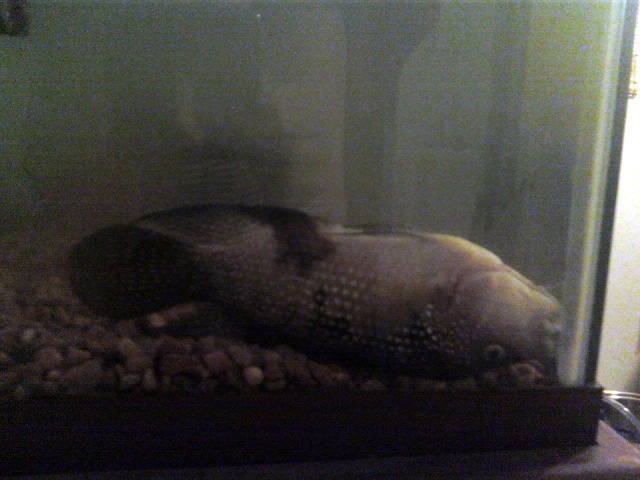 Upside-down Dempsey
Question
Sick Demsey
I have 2 Jack Dempsey Cichlids tha
Upside-down Dempsey
Question
Sick Demsey
I have 2 Jack Dempsey Cichlids tha